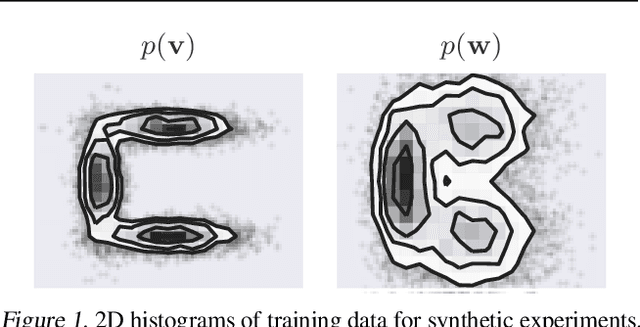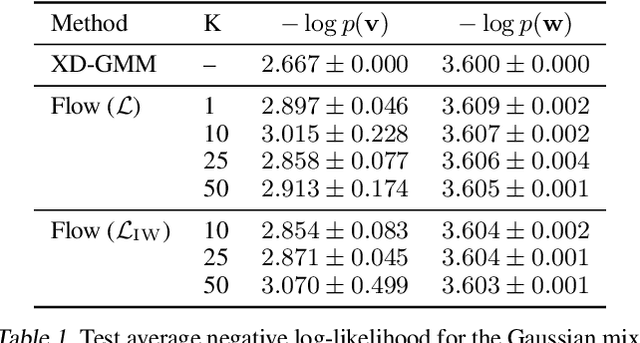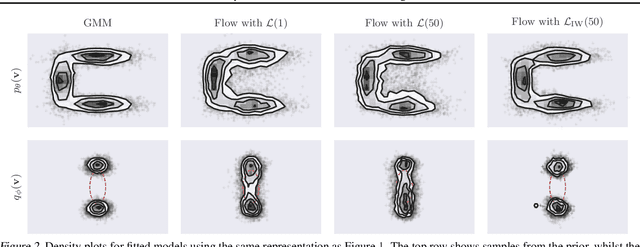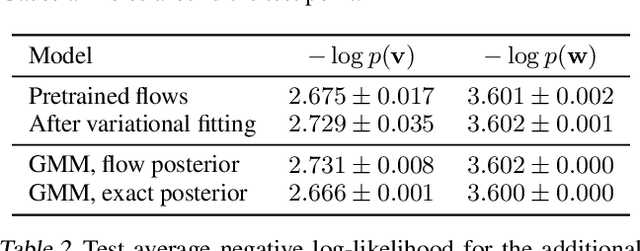Density Deconvolution with Normalizing Flows
Paper and Code
Jul 13, 2020



Density deconvolution is the task of estimating a probability density function given only noise-corrupted samples. We can fit a Gaussian mixture model to the underlying density by maximum likelihood if the noise is normally distributed, but would like to exploit the superior density estimation performance of normalizing flows and allow for arbitrary noise distributions. Since both adjustments lead to an intractable likelihood, we resort to amortized variational inference. We demonstrate some problems involved in this approach, however, experiments on real data demonstrate that flows can already out-perform Gaussian mixtures for density deconvolution.
* Appearing at the second workshop on Invertible Neural Networks,
Normalizing Flows, and Explicit Likelihood Models (ICML 2020), Virtual
Conference. 8 pages, 6 figures, 5 tables
 Add to Chrome
Add to Chrome Add to Firefox
Add to Firefox Add to Edge
Add to Edge